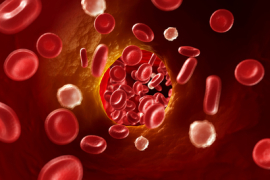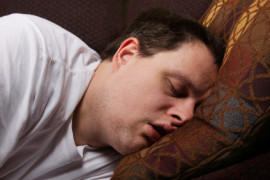As long as we have existed on this earth, humans have expressed their affection through kissing. It’s the way we show our connection and intimacy with our loved ones, family, and friends. But new research suggests you’re swapping more than spit when you share an intimate kiss with a partner.
The study, published in the journal Microbiome, showed that elements of the oral microbiome are exchanged during intimate kissing. According to the study, humans exchange up to 80 million bacteria in one 10-second intimate kiss. The more frequently partners kiss, the more alike their salivary and tongue microbiota become.
This can be a good thing, but it can also be problematic.
The oral microbiome is involved with maintaining our health in many ways. It plays a substantial role in digestive health, immune defenses, and starts the balance in our systems. But the oral microbiome also plays a significant role in our gut microbiome—both positive and negative.
At the same time, there are specific pathogens in our oral microbiome that play key roles in most inflammatory diseases, including periodontal disease, cardiovascular disease, Alzheimer’s disease and rheumatoid arthritis, to name a few.
Interestingly, the study authors noted, the bacteria transferred in saliva tend to wash away over time, but bacteria on the tongue remained—even after a period sans kissing—and were able to colonize.
The overall idea of bacteria transfer during kissing is not new, nor is it surprising. Several studies have shown how caries bacteria can be transferred from parents to children—even from pets to humans.
The takeaway from this study is not to stop kissing but rather to give another reason for you and your partner to take care of your oral health. After all, what happens in your mouth may just affect someone else.
Source: Shaping the oral microbiota through intimate kissing



